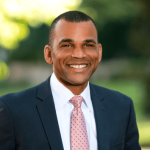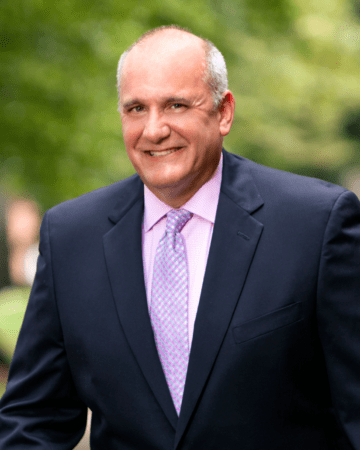Radiation oncology is rooted in trust. When patients seek cancer treatment at SERO, they are placing their lives in the hands of our dedicated medical professionals. We do not take that lightly.
To help patients feel more at ease, we think it is important for our radiation oncologists to provide some insight into their personal and professional lives. This month, we learn more about Dr. Robert Doline.
Dr. Doline is the Medical Director of the CaroMont Cancer Center’s Department of Radiation Oncology. He sees patients at Caromont Regional Medical Center in Gastonia and the Lincoln Cancer Center in Lincolnton. He joined SERO in 2000 after nine years on faculty at Wake Forest University Baptist Medical Center where he was the Medical Director of the Phillips Cancer Pavilion in High Point.





